১০ ফাল্গুন ১৪৩২
Rooppur Nuclear Power Plant set to reduce Bangladesh’s reliance on India
05 July 2025 20:07 PM
NEWS DESK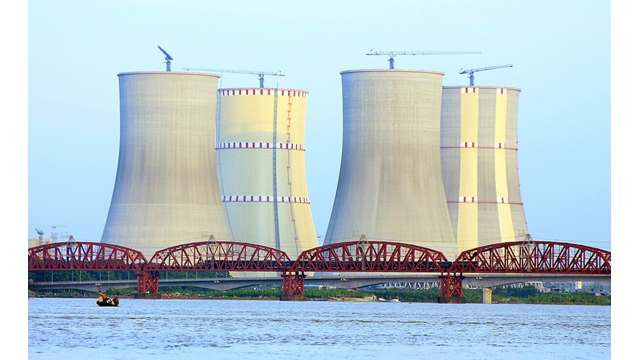
The under-construction nuclear power plant in Rooppur, located in Ishurdi Upazila of Pabna, is now close to being operational. Built with Russian assistance, the plant is expected to add 2,400 megawatts of electricity to the national grid. Once fully operational, the plant will introduce a new dimension to the country’s power generation.
Initially, the first unit with a capacity of 1,200 megawatts will go into production. Experts in the sector believe the successful implementation of this project will not only boost supply but also reduce Bangladesh’s dependency on electricity imports from India. It is also expected to lessen the country’s heavy reliance on gas-based power plants.
Currently, electricity demand in the country ranges between 15,500 and 16,500 megawatts. To maintain this supply, the Bangladesh Power Development Board (BPDB) heavily depends on imports from India. There is an agreement to import 2,760 megawatts of electricity from the neighboring country, which accounts for 17.25 percent of the total national demand. A significant portion of this electricity is supplied to northern regions through the national grid. However, if the Rooppur nuclear power plant’s 2,400-megawatt capacity is added to the grid, it is believed that 90 percent of the electricity currently imported from India could be replaced. Alexander G Khozin, Russian Ambassador to Dhaka, has expressed hope that the plant’s first unit will begin production within this year.
Ijaz Hossain, an energy expert and former BUET professor, told Bonik Barta, “Once the Rooppur plant starts generating electricity, it will add significant capacity to our grid. Initially, it will add 1,200 megawatts, eventually reaching 2,400 megawatts. That’s a huge capacity. Once this power is added to the national grid, if BPDB uses it in the northern region, two outcomes could follow. First, a large portion of electricity in that area is currently being supplied through imports from India. So, an alternative source to imports will be created. In that case, power from Adani or G2G deals will become alternative options. Second, the intense pressure on gas-based power plants, compared to oil-based ones, will be reduced.”
Discussions with officials from the BPDB and Power Grid Company of Bangladesh PLC (PGCB) reveal that most power plants in the country’s northern region run on expensive fuel oil. As a result, electricity generated from these plants significantly increases BPDB’s production costs. To reduce costs, the region has come to rely heavily on imported electricity from India’s Adani Power. Under an agreement with the company, Bangladesh imports 1,600 megawatts of electricity. Additionally, another 1,160 megawatts are being imported under a G2G (government-to-government) arrangement with India.
The power purchase agreement with Adani, signed during the tenure of the now-ousted Awami League government, has been a major point of contention. Despite large outstanding payments, supply suspensions, and long-standing disputes over coal prices, BPDB has not managed to resolve the issues. According to senior officials, no alternative to Adani has been developed for supplying power to the northern region, which is why no concrete steps have been taken in this regard. However, they believe that once the Rooppur plant begins production and electricity is supplied to the northern region on a priority basis, dependence on imported electricity will decrease.
BPDB Chairman Engineer Md Rezaul Karim told Bonik Barta, “Once the Rooppur power plant is operational, it will be connected to the national grid. There is significant demand for electricity in Rooppur–Bogura and Rooppur–Gopalganj corridors. So, BPDB plans to supply electricity in those directions. We are prepared to receive power from Rooppur.”
A total of four grid lines have been constructed to connect the Rooppur Nuclear Power Plant. These are the Rooppur–Bogura, Rooppur–Gopalganj, Rooppur–Kaliakoir, and Rooppur–Baghabari lines. Construction of these 400 kV high-capacity transmission lines has already been completed, and they have been successfully integrated with the Rooppur plant. Once the power plant starts supplying electricity to the national grid, these lines will enable large-scale power transmission to the northern region of the country.
A senior official at BPDB, speaking on condition of anonymity, told Bonik Barta, “Once Rooppur goes into production, dependence on imported electricity from India will be reviewed. In terms of generation and supply management, national interests will take top priority. The cost of production will also be a key consideration.”
Bangladesh’s current installed power generation capacity is 27,424 megawatts. Within this year, the first 1,200-megawatt unit of the Rooppur Nuclear Power Plant is expected to begin operation. Once it is added to the grid, the country’s total generation capacity will exceed 28,000 megawatts. However, BPDB and the Nuclear Power Plant Company Bangladesh Limited (NPCBL) have yet to sign any power purchase agreement regarding the cost of electricity from Rooppur.
The national grid will receive a significant boost in electricity supply once Rooppur becomes operational. When asked whether this would reduce Bangladesh’s dependence on Indian electricity, Muhammad Fouzul Kabir Khan, Adviser to the Ministry of Power, Energy and Mineral Resources, told a national nwespaper, “We’re not looking at it that way. But there are several expensive oil-based power plants currently running in that region. Once Rooppur is operational, production from those plants will decline. That will reduce production costs. At the same time, it will ensure uninterrupted power supply in that region. The power division is fully prepared to receive electricity from Rooppur.”
It is reported that Rooppur Nuclear Power Plant has already been connected to the national grid. The authorities at NPCBL have begun all necessary testing to bring the first unit online. Preparatory work for fuel loading is currently underway.
Asked for comments, NPCBL Managing Director Dr. Md Zahedul Hasan told Bonik Barta, “We are aiming to bring Unit-1 of Rooppur Power Plant online within this year. We’ve prepared a workforce of 363 people for this. The physical startup process for Unit-1 is ongoing. That means all preparations for fuel-loading are in progress.”
The Rooppur power project, being implemented with funding from Russia, has a total cost of BDT 1.14 trillion. Of this, nearly BDT 940 billion is being financed by Russia. The project’s technical support is also being provided by Russian state-owned company Rosatom. However, there have been serious allegations of corruption regarding the use of Rooppur’s project funds.





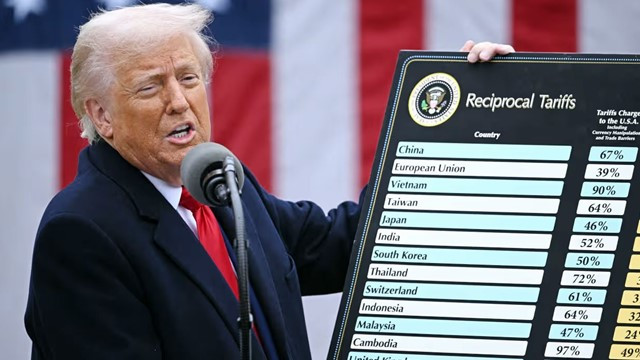
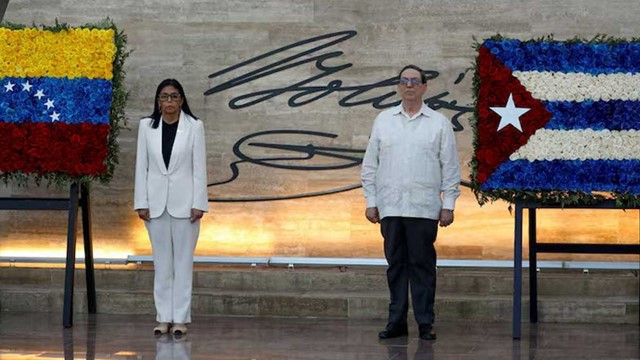






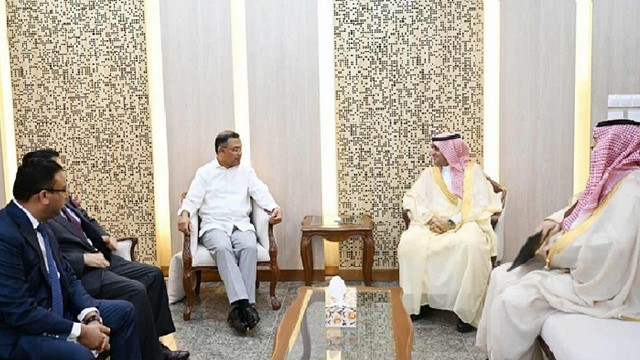


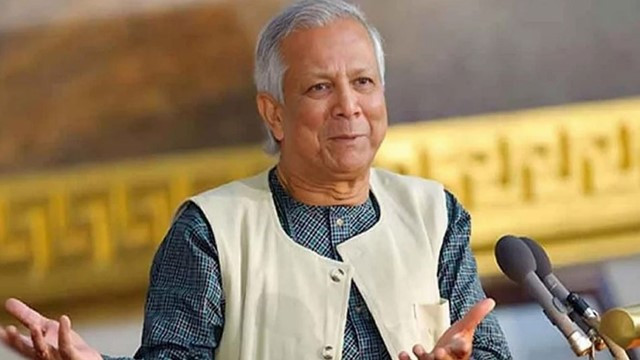
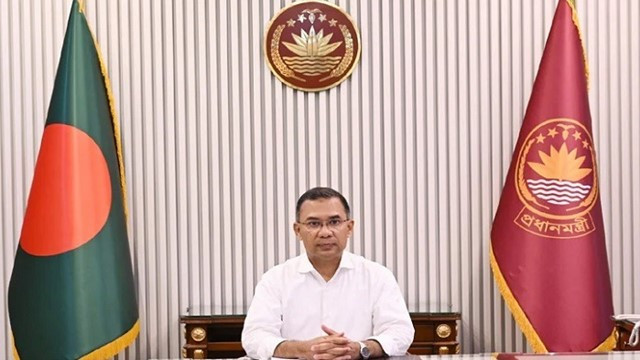
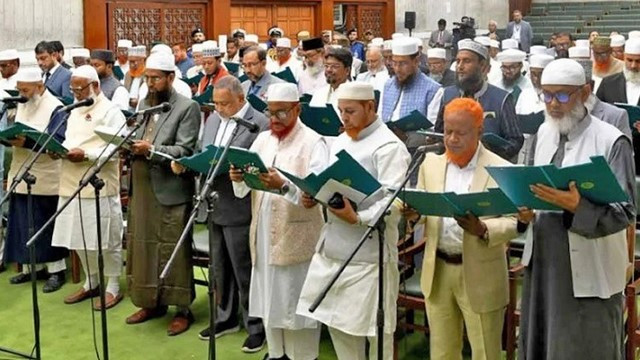
Comments Here: